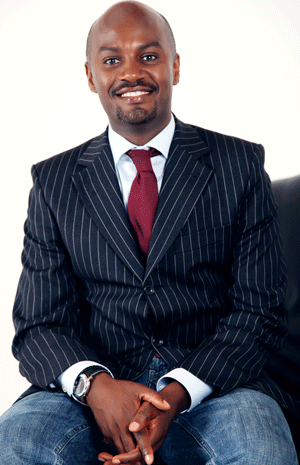Why our obsession with corruption as a cause of our poverty is too much ado over little or nothing
THE LAST WORD | Andrew M. Mwenda | Cognitive scientists argue that human beings are [inherently] cognitive misers i.e. we prefer to do as little thinking as possible. So when we confront a challenge, our instinct is NOT to look for facts to help us understand it. Rather we lean on our biases, prejudices, values and beliefs to make judgment. Evolutionary psychology explains why it is not profitable for us to stretch our minds to acquire a large body of knowledge. Evolution is driven largely by reproduction. The command of a large body of facts did not give our ancestors a competitive advantage in the dating market. The most competitive qualities in mate selection are power, wealth, generosity, kindness, caring, good looks, good health and such artistic qualities as music, art, athletics etc.

